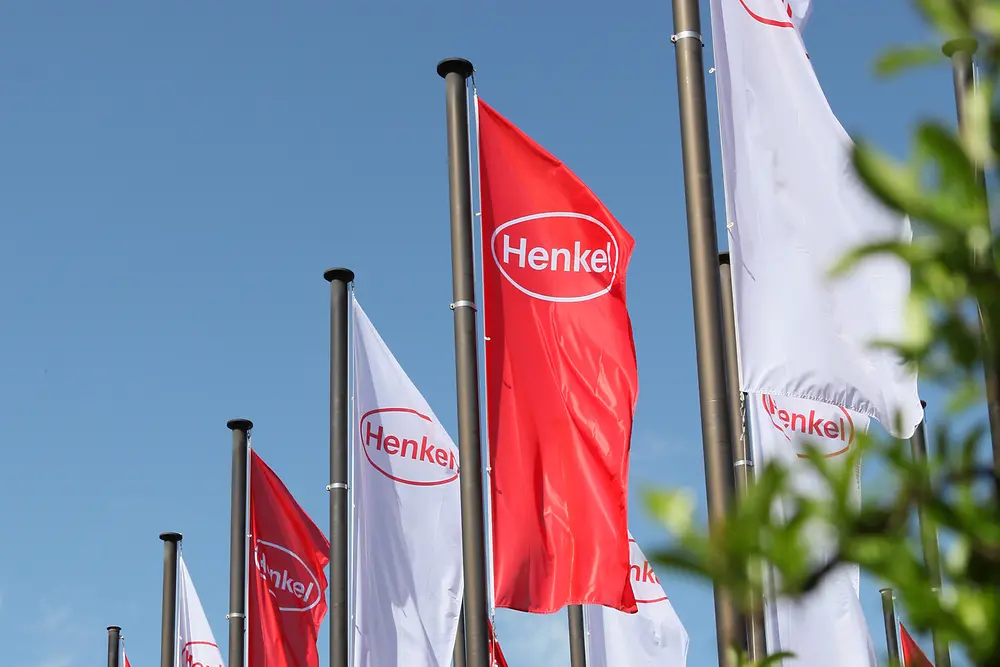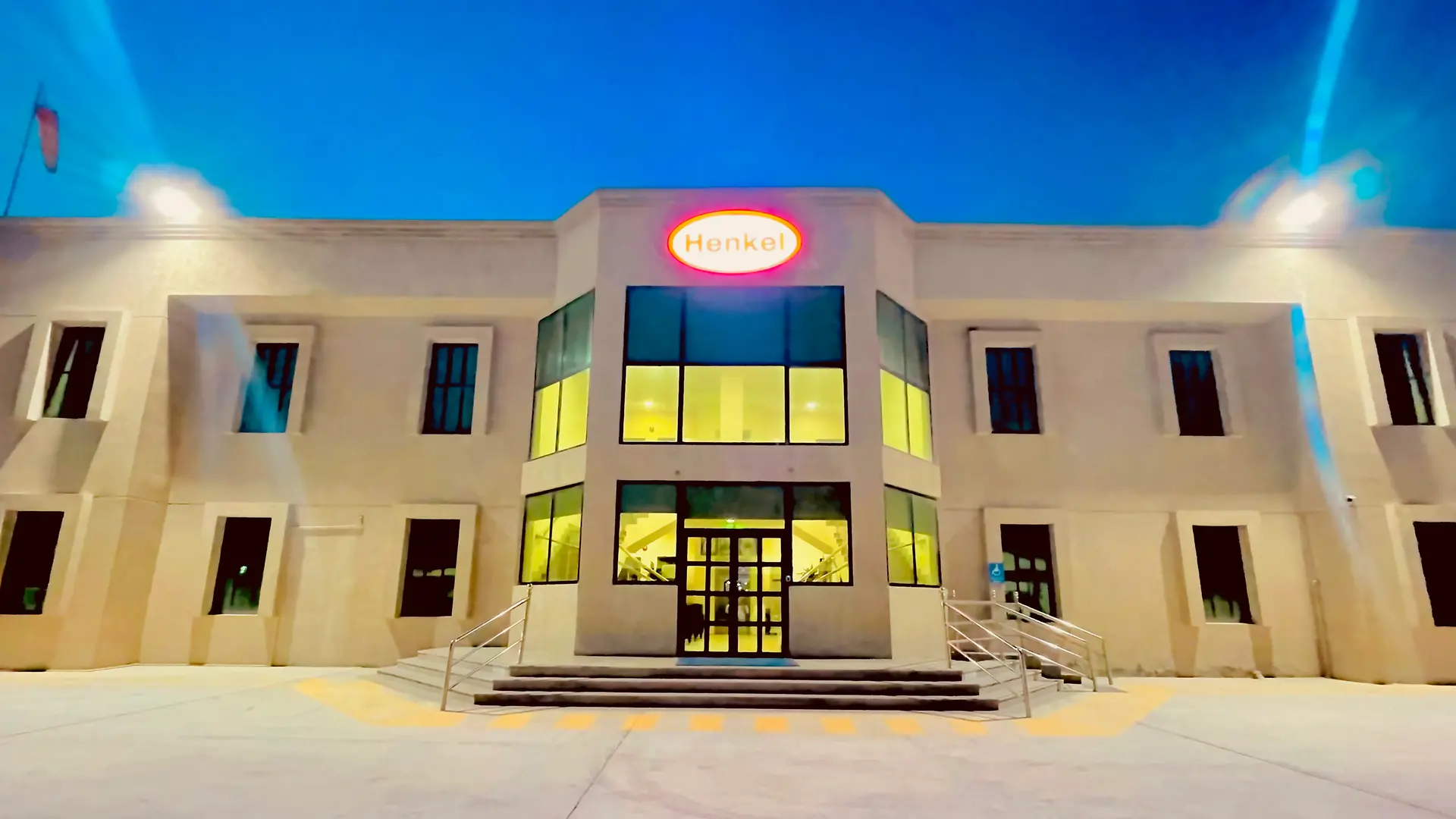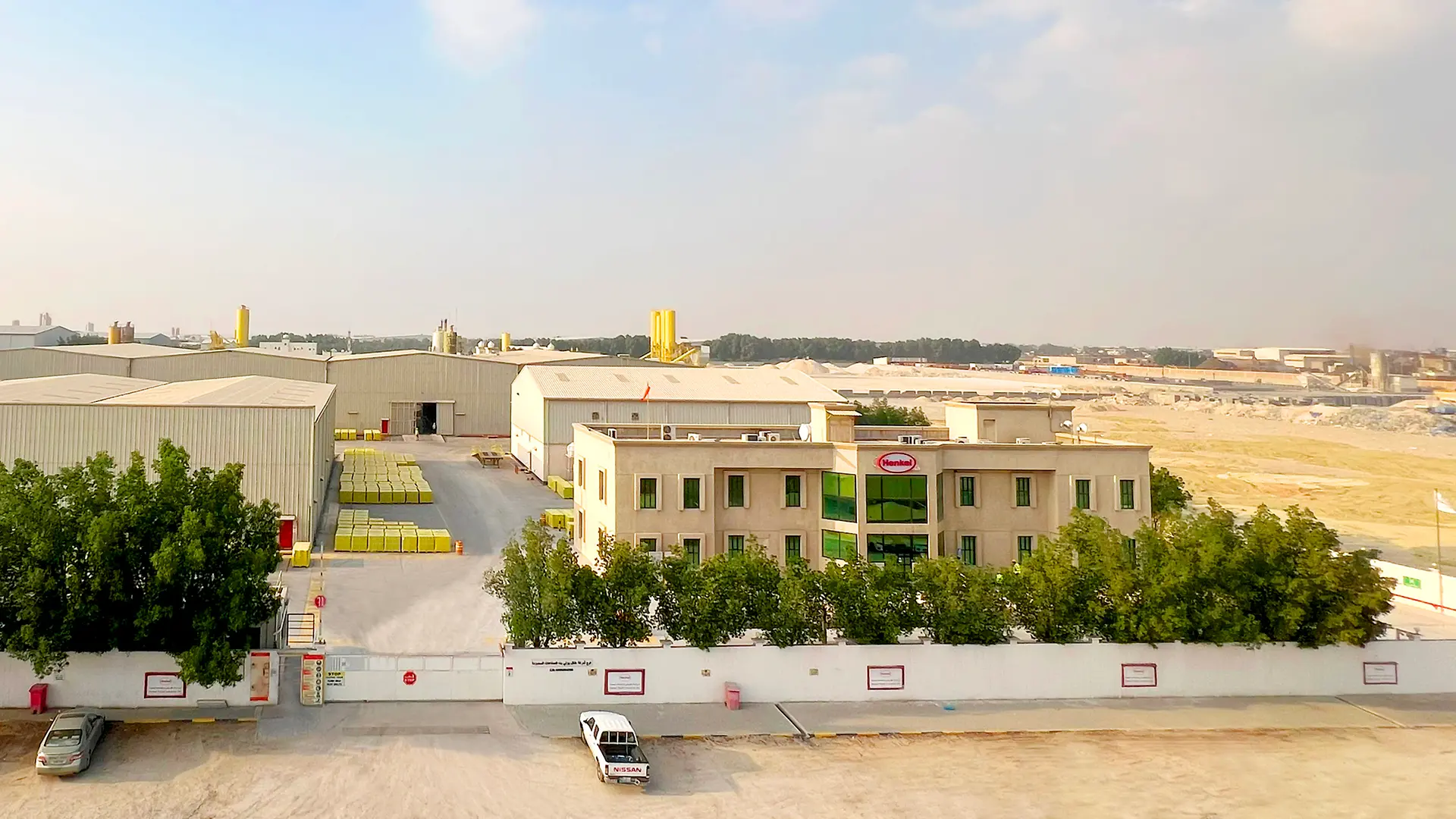The site team has spearheaded a state-of-the-art solution to boost circularity, leading to the recycling and reuse of production waste in the manufacturing process. This will affect hundreds of metric tons of waste annually, with 700 mt of waste generated in 2022 and approximately 600 mt in 2023.
Simon Ulmann, Vice President Operations and Supply Chain IMEA at Henkel, commented: "This fully circular production waste recycling process in Dammam sets a new standard for sustainability in the IMEA region. We are proud to be at the forefront of circular practices, aligning with Henkel's global sustainability goals. This lighthouse and frontrunner project actively shapes a model for the IMEA region, reinforcing Henkel’s commitment to a greener, more sustainable future.”
Dimitri Kozak, Head of Sustainability and Environmental Performance, Henkel Adhesives, said: “The urgency of addressing climate change is front of mind for Henkel, and our team at Henkel Polybit Dammam has displayed ingenuity in charting a new path towards circularity for waste material. We aspire that this innovative move sets a precedent, creating a ripple effect in the IMEA region and beyond, to help advance in waste management towards a more circular economy.
In the new closed-loop system, the production waste undergoes meticulous grinding and homogenising, ensuring the purification, uniformity and quality of products at the Henkel Polybit Dammam Site.
Globally, Henkel's sustainability strategy aims to achieve climate-positive operations by 2030. The Dammam facility's success is a testament to Henkel's commitment to circularity, contributing to the goal of having all global sites be climate-positive in seven years. The company plans to source 100% of its electricity from renewable sources, implement state-of-the-art technologies for thermal energy, and achieve circular water use at key manufacturing sites.
This also comes as part of Henkel Adhesive Technologies' continuous efforts to enhance waste disposal methods. Currently, 85% of all adhesive manufacturing sites have achieved zero waste to landfill status (ZWTL). To minimise the impact on local environments, Henkel works to ensure key manufacturing sites save and reuse water through a process optimisation and wastewater treatment.
As Henkel embraces the challenge of becoming climate positive by 2030, its accomplishments signal a significant step forward in a mission to support regenerating the planet, help communities survive and be a trusted partner in building a more sustainable tomorrow.









